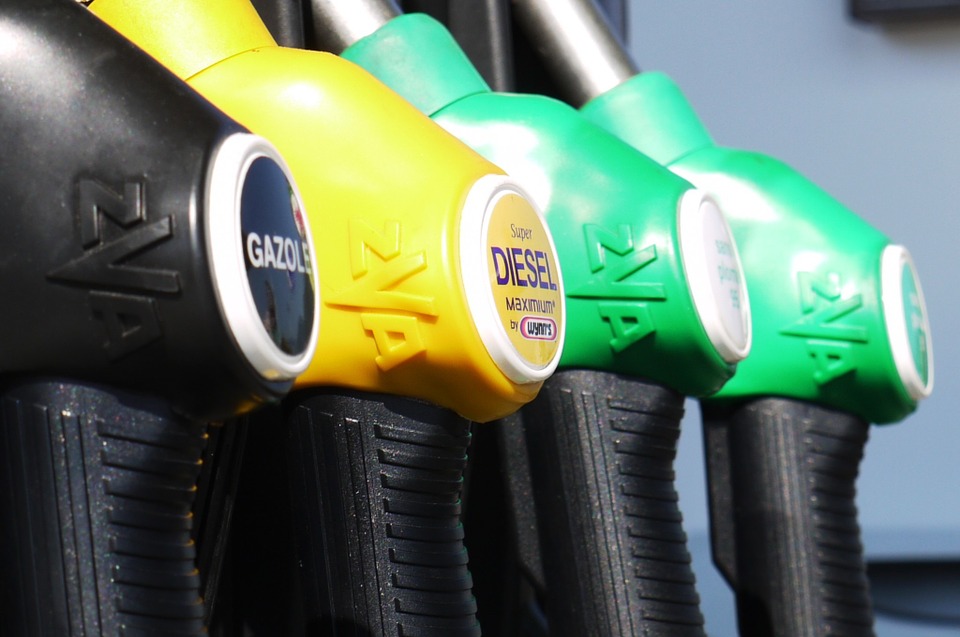Diesel excise hike could bring €500 million a year, Oireachtas Committee told

May 10th, 2018
Increasing the excise duty on diesel to the level of petrol could bring in up to €500 million a year and reduce our emission levels, the Oireachtas Committee on Budgetary Oversight heard on Tuesday.
Speaking before the Committee, Professor Edgar Morgenroth presented the findings of a recent Economic and Social Research Institute (ESRI) report on the environmental effects of 142 existing and potential fiscal measures including diesel excise rates.
The report, of which Prof Morgenroth was the lead author, finds that removing the excise difference between diesel and petrol would reduce CO2 emissions by 2.4 per cent, NOx emissions by 3.8 per cent and PM emissions by 4.1 per cent.
The Dublin City University academic told the committee that Ireland’s lower excise duty is incentivising the use of diesel at the same time as other European countries are considering diesel bans to improve air quality in cities.
Speaking on RTE’s Drivetime following the hearing, Prof Morgenroth said that the decision to bring in a “very substantial tax reform” system to benefit lower carbon emission vehicles in 2008 led to a “tremendous increase” in diesel vehicles on Irish roads.
The ESRI study shows that, in 2009, 13 per cent of new cars registered were in the lowest emission category. By 2016 this increased to 78 per cent.
“However, diesel vehicles also emit nitrous oxide and particulates. We know that particulates are significant carcinogens, and many lives are lost every year because of these,” he told Drivetime.
The Minister for Climate Action and the Environment, Denis Naughten, TD recently spoke out against increasing the rate of diesel excise in the short-term, noting the current Brexit threat on Ireland’s haulage industry.
The Minister’s department did not respond to requests from The Green News for further information on its position on a potential increase in the diesel levy in Budget 2019.
ESRI Study Findings
Ireland currently provides a tax relief for commercial vehicles using diesel fuel when the market price is above a certain threshold.
Ireland is one of eight EU member states with this type of tax relief, the ESRI report states.
However, the report states that since the third quarter of 2015, the market price of diesel has not been high enough for the rebate to be activated.
It also says that this diesel rebate scheme has led to a negative environmental impact as it encouraged a greater consumption of diesel, causing 100,000 extra tonnes of CO2 to be emitted.
Another negative factor is in the difference between car manufacturer’s stated emissions and those measured in practical driving situations. This deviation rose from 9 per cent in 2001 to 42 per cent in 2015, the report states.
The report concludes that if the transport measures listed in the report were addressed, CO2 emissions could be reduced by 390,000 tonnes a year, or 1.1 per cent of our total emissions.
These measures were the removal of the excise difference between diesel and petrol, the elimination of the diesel rebate and the introduction of an air passenger tax.
“The appropriate reform of these measures could make a significant contribution to reducing Ireland’s greenhouse gas emissions and reduce local pollution,” Prof Morgenroth told Drivetime.
[x_author title=”About the Author”]








